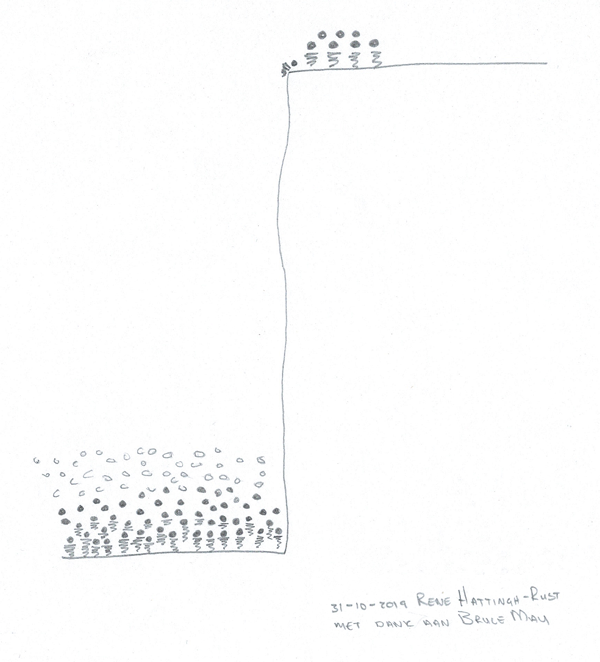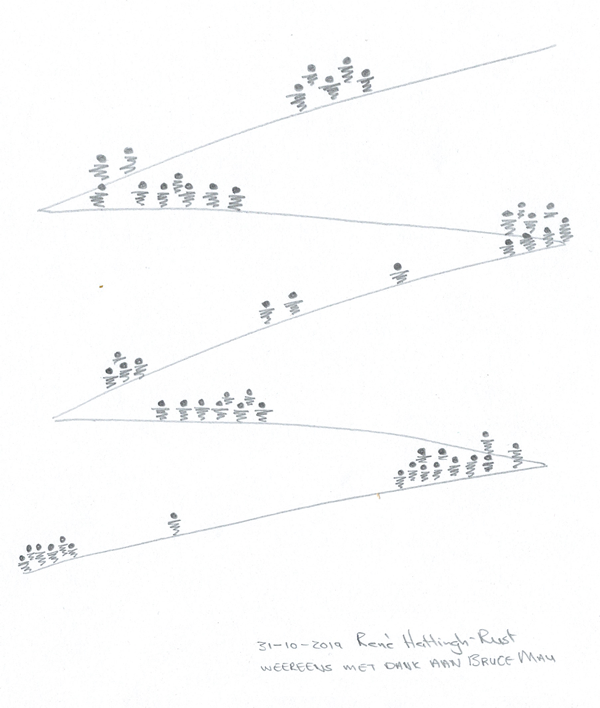You have a choice to do:
- option 1 (full course)
- option 2 (shortened course: parts 1, 2, 3 and 8)
Update November 2021: Added "The Slave Entrepreneur" lesson to both courses.
Parts 1 to 3 provide the firm base of understanding entrepreneurship and uses real-life examples of individuals.
Parts 4 to 7 investigate the real-life example of a group of people. It is unusual to have a documented case study of a group of people’s collective entrepreneurial journey. What is more unusual is that this case study first documented the group’s century-long economic decline that ended up in economic retardation. This highlights the factors that negatively impact on people's ability to be economically competent. It then proceeds to follow their acceptance of their situation and the strategies they employed to "rescue" themselves. Straightforward strategies, yet it was successful to such a degree that within 10 years they had to a great extend overcome poverty.
This case study is about the Afrikaner’s history prior to apartheid. We are mindful that studying the history of the Afrikaner will not be acceptable for some people because of the connection with apartheid. Therefor the split in the course.
Still we want to state that in no way do we endorse or even want to soften apartheid. It is what it is: an indefensible abuse of human rights. Finally, since this case study is about the century-long history of the Afrikaner before apartheid, the principles, practices and policies of apartheid are not part of this course.
Part 8 guides you through steps to identify possible opportunities, brainstorm solutions and develop an action plan for a solution.
A course facilitator in Zambia made the following remark:
"The participants had absolutely no problem with the case of the Afrikaner, even though they were fully aware of the apartheid story. Their perspective of an Afrikaner had been that of an 'originally' rich community, but they were actually shocked to learn that the people they so perceived were actually 'very poor and neglected' at some point in history. In my observation, that actually inspired them as they reasoned that they could also make it!"

